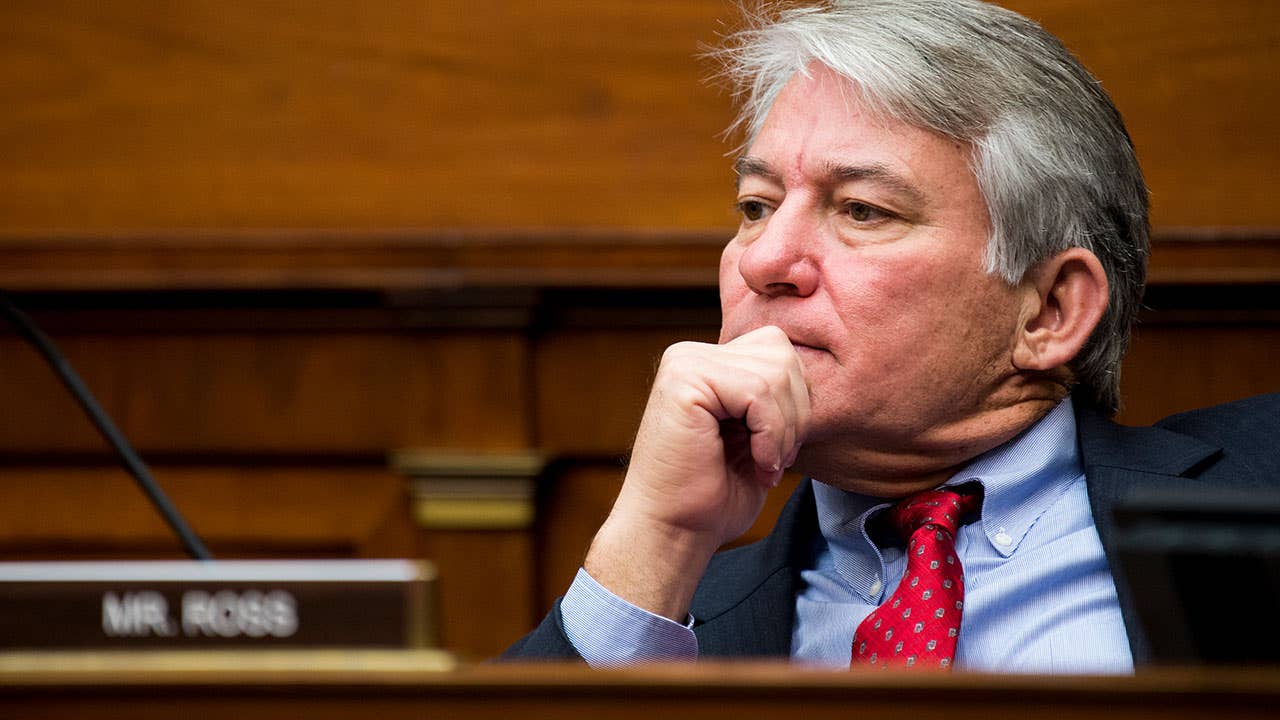CFPB reveals plan to roll back payday lending rules

The Bankrate promise
At Bankrate we strive to help you make smarter financial decisions. While we adhere to strict , this post may contain references to products from our partners. Here's an explanation for .
The Consumer Financial Protection Bureau announced it plans to roll back its Payday Lending Rule aimed at protecting consumers from the high-interest short-term loans. The proposed changes would be one of the first major policy implementations made by new director Kathy Kraninger.
Established in 2018, the Payday Lending rule aimed to protect consumers from bad lending practices and repayment abuse. The rollback of some of its provisions, to take effect in November 2020, have consumer advocates warning of a major setback to consumer protections.
Why the Payday Lending rule is being loosened
The Payday Lending rule barred these lenders from granting loans to consumers who lack the means to repay them. The rule also makes it illegal for lenders to continue to authorize automatic withdrawals from customer accounts after two consecutive attempts have failed, protecting customers from racking up overdraft fees.
Critics of the Payday Lending rule state the data used by the CFPB to create the rule was insufficient. Rep. Dennis Ross, the sponsor of the bill passed to rollback the rule, expressed his stance in a series of tweets in February of last year.
“If @CFPB is going to regulate, it needs to do so with appropriate data,” Ross tweeted. “CFPB’s didn’t do anything resembling exhaustive research for five years. They skimmed what little data they cherrypicked.”
The written rule is 1,690 pages long; 90 percent of the document is based off research, data and rationale to support the rule, according to The American Banker.
Ross also argues regulating payday loans will “hurt low-income Americans” who rely on them. In the same tweet thread, Ross argues consumers are not falling into the “debt traps” often associated with the loans, stating “Florida, South Carolina, and Illinois each found that payday loan consumers leave the marketplace over time.”
Data from Pew Charitable Trusts finds 76 percent of payday loans are taken out to pay off old ones. Consumer advocates are wary of the rollback, stating it does more harm to consumers than good.
“The payday rule was developed over years of extensive research and dialogue with stakeholders,” says Center for Responsible Lending Senior Policy Counsel Rebecca Borné. “Scrapping it will especially harm communities of color, whom payday lenders disproportionately target for predatory loans. The CFPB’s action today should be a call to action for Americans to speak out against the financially-crippling practices of payday lenders.”
Why payday loans are so controversial
Payday loans target consumers with low-income and poor or non-existent credit scores; an estimated 12 million Americans are supplied with cash through the lending programs. To obtain a loan, customers don’t need a Social Security number or credit history; they simply provide identification, employment verification and bank information to receive a loan.
Arguments against payday loans claim they target and take advantage of vulnerable consumers. The subprime loans are often charged at enormous interest rates (up to 400 percent, according to Creditcards.com) and trap consumers in cycles of debt. One study finds as many as 40 percent of payday loan customers don’t know when they’ll be able to repay their loan.
Newer, safer alternatives to payday loans come with their own array of risks. Installment loans, for example, are found to be less costly for the consumer, according to Pew Charitable Trusts. However, these loans also charge numerous origination fees and come with extraneous, and often unnecessary, options for add-ons at the time of purchase.
The agency said it will accept public comments on the new measure shortly.
Related Articles



